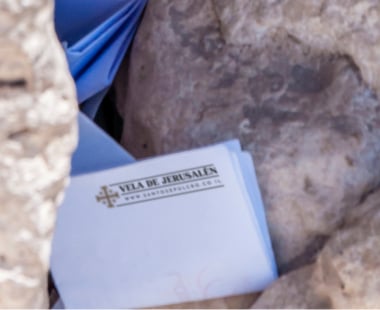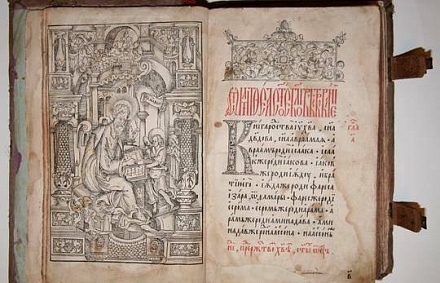Theophylact Bulgarian. Interpretation of the Gospel of Matthew
Matthew 23:13. Woe to you, scribes and Pharisees, hypocrites, for shutting the Kingdom of Heaven to men, for you yourself do not enter and do not admit those who want to enter.
Not only that, says the Lord, that you yourself do not believe and are vicious, but you also divert others from believing in Me and destroy by your example. People usually imitate bosses, especially when they see them prone to evil. Therefore, every mentor and teacher should observe what is the use of him. Woe to him if he prevents others from succeeding in good with his life.
Matthew 23:15. Woe to you, scribes and Pharisees, hypocrites, for go about the sea and the dry land, in order to convert at least one; and when that happens, make him a son of Gehenna, twice as bad as you.
You are corrupting not only the Jews, but also those who turn from idolatry to the Jewish faith - the so-called proselytes. You are trying to convert someone to the Jewish way of life and circumcision, and when someone becomes a Jew, he perishes, becoming infected with your wickedness. “Son of Gehenna” is a person worthy of being burned in Gehenna, having some kind of spiritual affinity with Gehenna.
Matthew 23:16. Woe to you, blind leaders, who say: if anyone swears by the temple, then nothing, but if anyone swears by the gold of the temple, then he is guilty.
Matthew 23:17. Mad and blind! that more: gold or a temple that sanctifies gold?
Matthew 23:18. Also: if anyone swears by the altar, then nothing, but if anyone swears by the gift that is on him, then he is guilty.
Matthew 23:19. Mad and blind! which is greater, the gift or the altar that sanctifies the gift?
Matthew 23:20. So he who swears by the altar swears by it and by all that is on it;
Matthew 23:21. and he who swears by the temple swears by it and by those who dwell in it;
Matthew 23:22. and he who swears by heaven swears by the Throne of God and by Him who sits on it.
Calls the Pharisees blind because they do not want to teach what is due; preferring the secondary, neglect the most important. They prefer gold, cherubim, and a golden stamna to the temple itself in the temple. Therefore, they taught the people that it was not of great importance to swear by the temple, but the oath in gold that adorns the temple is important. Meanwhile, this gold is only revered because it is in the temple. Likewise, they said: The gifts laid on the altar are more reverent than the altar itself. As a result, according to the teachings of the Pharisees, whoever swore an oath with a golden utensil, a calf or a sheep sacrificed, and then broke the oath, he is obliged to pay the cost of what he swore. And they preferred the gift to the altar because of the benefit received from the sacrifices. But whoever, swearing by the temple, broke the oath, he could no longer create anything equal to the temple, and therefore freed from the oath. So, because of the greed of the Pharisees, the oath by the temple was considered more insignificant. Christ does not allow the Old Testament sacrifice to be considered higher than the altar. And with us Christians, the altar is sanctified with gifts; By divine grace, bread is offered into the very Body of the Lord, by which the altar, or altar, is consecrated.
Matthew 23:23. Woe to you, scribes and Pharisees, hypocrites, for you tithe mint, anise and caraway seeds and have left the most important thing in the law: judgment, mercy and faith; This was to be done, and not to be abandoned.
And here he reproaches the Pharisees as insane for the fact that they, neglecting the most important in the law, tried to be accurate in the little things, not even missing out on donating tithes from the caraway plant. If anyone condemned them for such pettiness, they pretended that it was required by the law. But it would be better and more pleasing to God if they demanded judgment, mercy and faith from the people. What is judgment? Obeying the judgment means not doing anything unjustly, recklessly, but doing everything with just reasoning. Mercy flows directly from such a judgment. The one who does everything justly knows who needs to be pardoned. Faith follows grace. A gracious person, of course, believes that he will not lose anything for nothing, but he will receive a reward for everything. While we are merciful, we must also believe in the true God. And from Many pagans were merciful, but, not believing in the living God, they did not have true mercy, characteristic of faith, and therefore their mercy is fruitless. So, every teacher must demand from the people tithes, that is, demand from ten senses (five bodily and five spiritual) judgment, mercy and faith. “This ought to be done,” says the Lord, not commanding this to tithe from vegetables, but removing the pretext for accusation that He teaches contrary to the Law of Moses.




